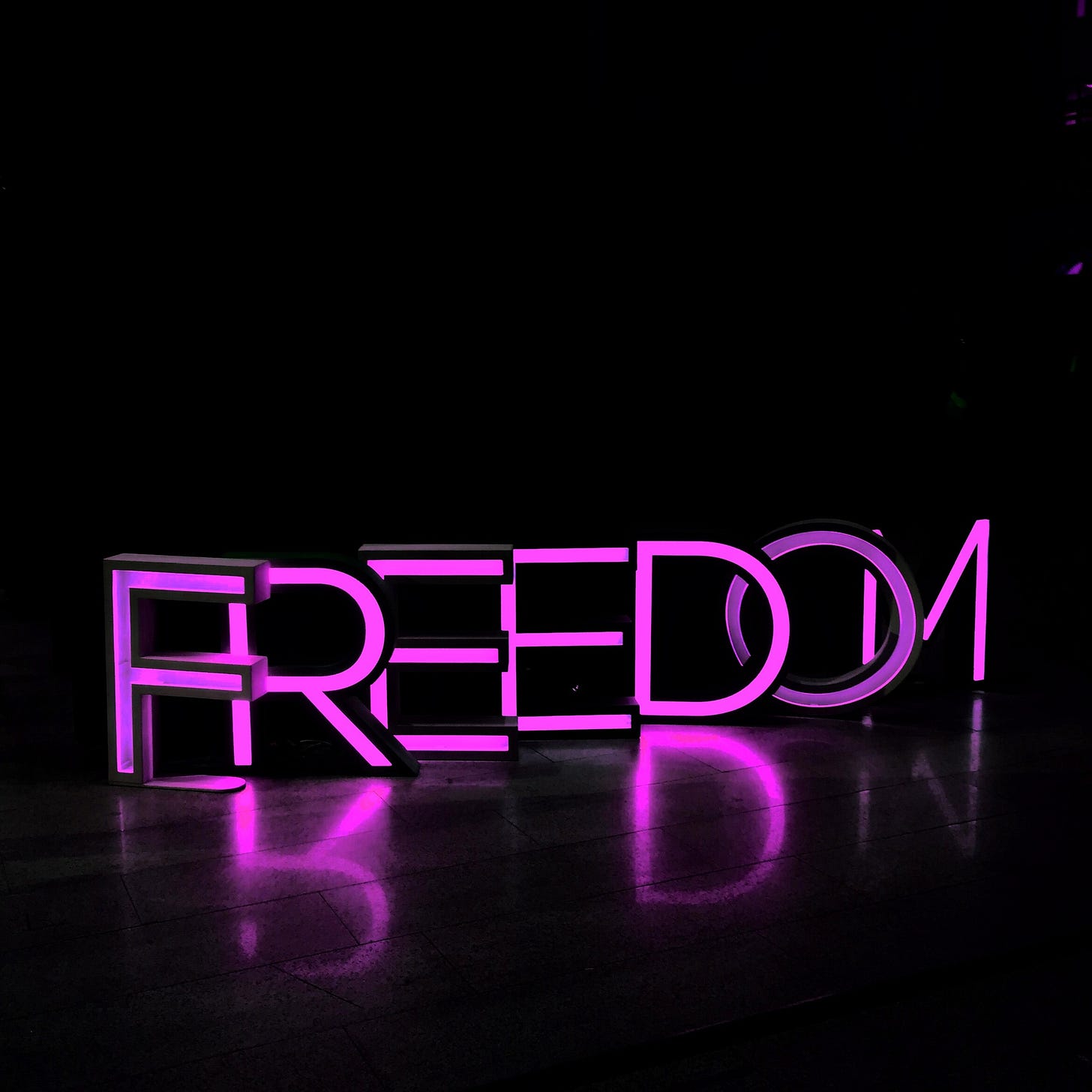In Defense of Freedom of Conscience
A conscience we might say is one’s internal moral compass. It is that little red light that flicks on when someone tells you to do something you know is wrong, or else, you feel the need to do something that is right even if everyone else refuses to do it. One verse I memorized as a new Christian was Acts 24.16: “Therefore I do my best always to have a clear conscience towards God and all people.” As such, listening to one’s conscience and freedom of conscience have been integral to Christian ethics and civic virtue since the first century.
Understandably then in the Christian west, one of the most important rights has been freedom of conscience. This is why the International Covenant of Civil and Political Rights (ICPR) states:
Everyone shall have the right to freedom of thought, conscience and religion.
Freedom of conscience includes the freedom of religion but also transcends it. Freedom of conscience encompasses individual beliefs, ethics, association, and feelings of obligation. In practice, freedom of conscience means no one can be compelled to do, say, believe, or cooperate with anything that they do not agree with. The only limit to freedom of conscience is the degree of detriment that one’s conscience may potentially burden other citizens with.
The best example would be something like conscription in times of war. Whereas a case could be made that conscription is necessary for national defense, there are pacifists who have a conscientious objection to serving in either combat roles or in any military service. Liberal democracies, even in times of war, do not ordinarily compel persons to kill in the name of any government or a political cause if they are conscientious objectors. So in times of national crisis, such a person might still find themselves conscripted, but not into combat, but instead into civil service in a hospital or some other role.
There are, however, limits to freedom of conscience. You cannot refuse to abide by the speed limit on the grounds that you have a conscientious objection to the government restricting the speed that you can drive your pick-up truck at. That is because you and your anti-speed limit conscience could endanger the lives of your fellow citizens by driving your vehicle at wild speeds. So the detriment outweighs your claim for freedom from the imposition of laws.
But what about a few sticky issues like, oh, I don’t know, town clerks and same-sex marriage licenses, vaccination requirements, and vaccine mandates.
How does freedom of conscience apply to these issues?


